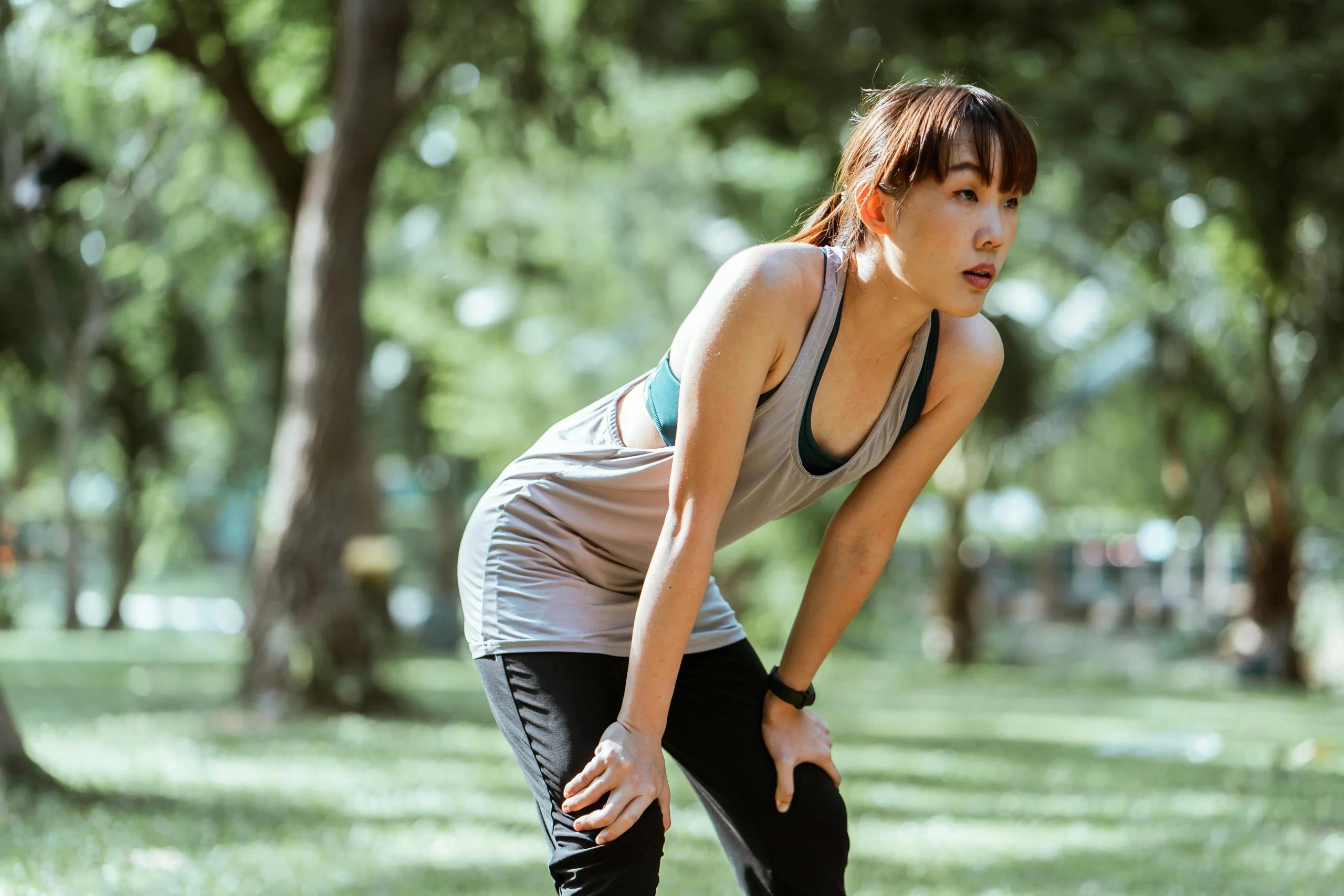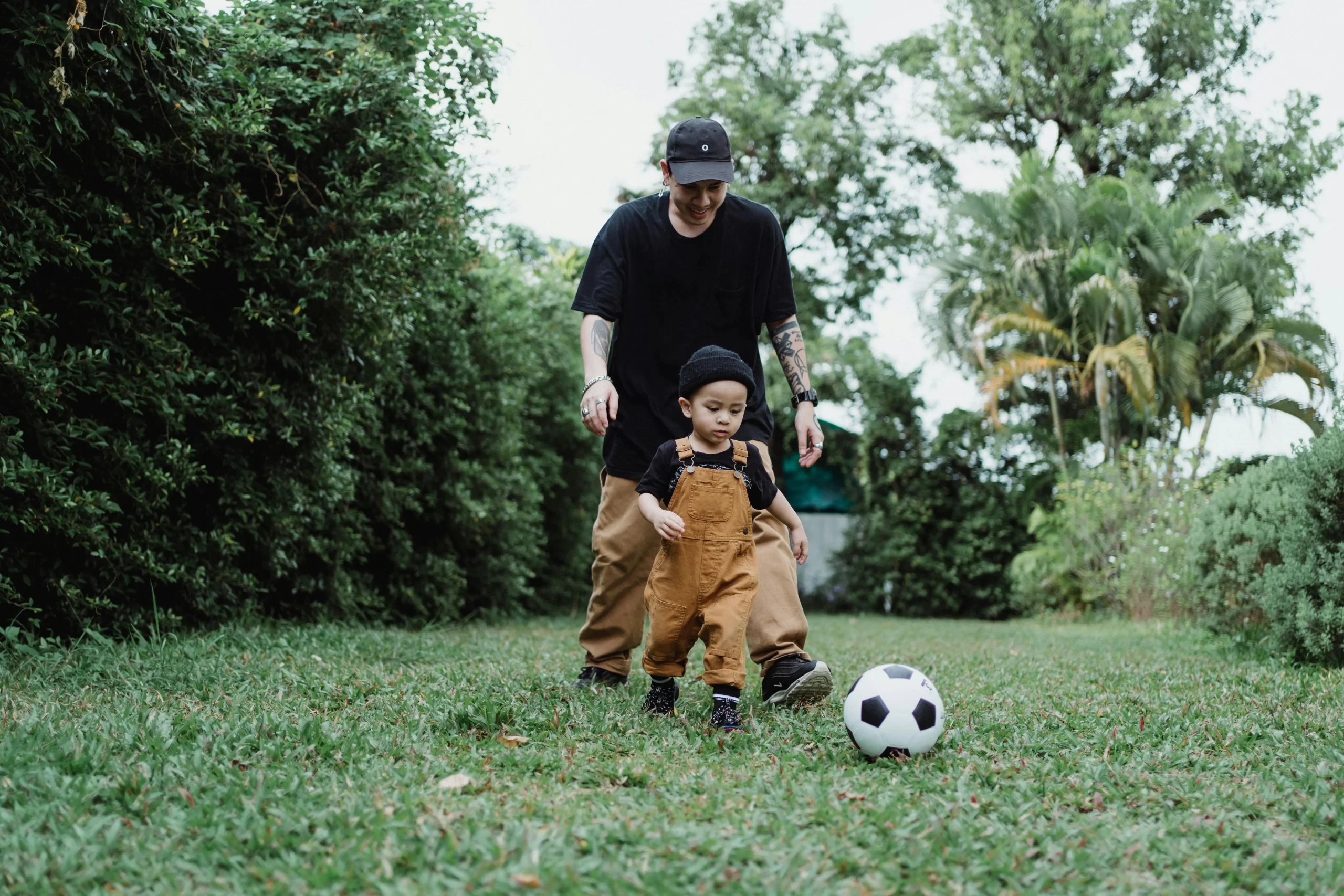Coping with Performance Anxiety is Important
As a parent of an athlete, you’ve likely seen the thrill of competition firsthand. Watching your child pour their heart into practice, only to struggle with anxiety on the big day can be disheartening. This performance anxiety doesn’t just affect their game; it can tarnish their enjoyment and motivation. Fortunately, we can help our young athletes harness their nerves and transform anxiety into a powerful tool for success. By teaching them effective coping mechanisms, we can ensure that they thrive under pressure. Let’s explore how you can support your athlete in managing their performance anxiety and unlocking their true potential.
Understanding Performance Anxiety
Performance anxiety is a common experience for many young athletes. When faced with competition, feelings of doubt, fear of failure, and worrying about the expectations of coaches and parents often arise. This anxiety manifests physically—nausea, tight muscles, increased heart rate, and even shaking can occur, making it difficult for your child to perform their best.
1. Recognize the Signs of Performance Anxiety
Before we help our youth athletes cope, we must first recognize performance anxiety’s signs. Being aware of these symptoms can help you address the problem effectively. Common signs include:
- Excessive worry about performance and results
- Difficulty sleeping the night before a game
- Changes in appetite
- Lack of focus during practice or competition
- Physical symptoms such as sweating, shaking, or nausea
If you notice these signs in your child, know you’re not alone. Many young athletes experience anxiety, and addressing it head-on can lead to improvement.
2. Teach Relaxation Techniques
Relaxation techniques can significantly reduce your child’s anxiety. Integrating these practices into their routine can provide them with a toolkit to combat nervousness. Here are a few effective strategies:
- Deep Breathing Exercises: Teach your child to take deep breaths—inhale slowly through the nose for a count of four, hold for four, and then exhale through the mouth for four. Repeating this a few times can help calm racing thoughts.
- Progressive Muscle Relaxation: Encourage them to tense and then relax each muscle group, starting from their toes and working their way up to their head. This method can promote total body relaxation and reduce physical tension.
- Mindfulness Meditation: Mindfulness can help athletes remain present and focused. Even just five minutes a day of mindfulness practice can lead to significant improvements in anxiety levels.
Encourage your child to practice these techniques consistently, so they feel natural and accessible. Consider setting aside time in your routine where you practice together; it can be a bonding experience.
3. Emphasize Positive Visualization
Visualization can be a powerful tool in combating performance anxiety. When your child visualizes success, it helps build confidence and reduces anxiety. To begin, follow these steps:
- Find a Quiet Space: Settle in a comfortable, quiet environment where distractions fade away.
- Encourage Them to Close Their Eyes: This can help establish focus and reduce external distractions.
- Guide Them to Imagine Their Success: Prompt your child to visualize the competition, focusing on how they want their performance to unfold. Encourage them to engage all their senses—what do they see, feel, hear, and even smell?
- Use Affirmations: Help your child craft positive affirmations they can repeat during this visualization. Phrases like “I am prepared,” “I am confident,” or “I will give it my all” can reinforce a positive mindset.
Make this visualization practice a pre-competition ritual. Establishing a routine can help reduce anxiety as they know what to expect.
4. Focus on the Process, Not Just the Outcome
One of the major contributors to performance anxiety is the excessive focus on winning or losing. Encouraging your child to appreciate the process can alleviate some of that pressure. Here’s how:
- Set Personal Goals: Help your child establish achievable goals that focus on personal improvement rather than external validation. This shift in focus—from “I need to win” to “I want to improve my technique” can remarkably reduce anxiety.
- Encouragement Over Pressure: Emphasize enjoyment and learning in sports. Celebrate small achievements, whether it’s mastering a skill or simply enjoying the game, rather than always highlighting victories.
- Routine Building: Establish a pre-competition routine that fosters focus, reminding your child of the process rather than fixating on the end result. This can help them feel more in control and reduce anxiety.
5. Normalize the Experience
Reassure your child that it’s completely normal to experience anxiety before competitions. Share stories of professional athletes who experience similar feelings and have thrived despite their anxiety. Normalize the conversation around anxiety and provide a judgment-free space where your child can express their feelings. Open dialogue can help them feel understood and less isolated.
Conclusion: Taking Action Together
Performance anxiety in young athletes is a common hurdle, but it’s one that can be overcome with the right strategies. By recognizing its signs, teaching relaxation techniques, emphasizing positive visualization, shifting focus from outcome to process, and normalizing the experience, you can empower your athlete to face their fears with confidence. Encourage them to practice these techniques regularly, and be available for support.
Now, I invite you to take action: Have a conversation with your athlete tonight. Talk openly about any anxieties they may have and discuss ways you can work together to manage them. Together, you can create a supportive environment that allows them to not only cope with anxiety but thrive in their athletic pursuits. Let’s help your young athlete enjoy their sport and perform at their very best!.




